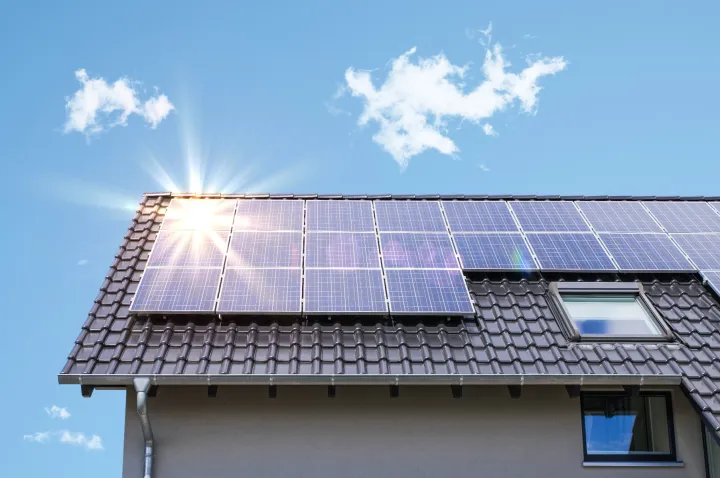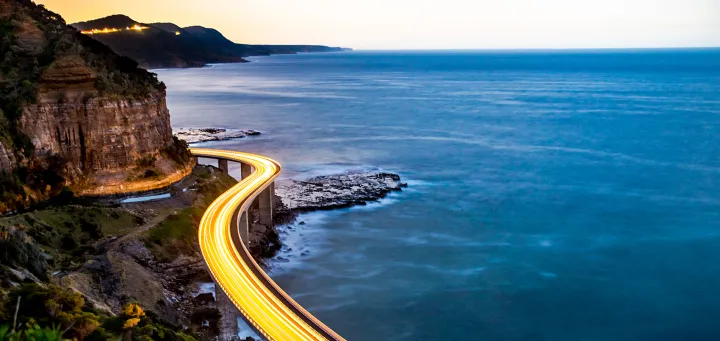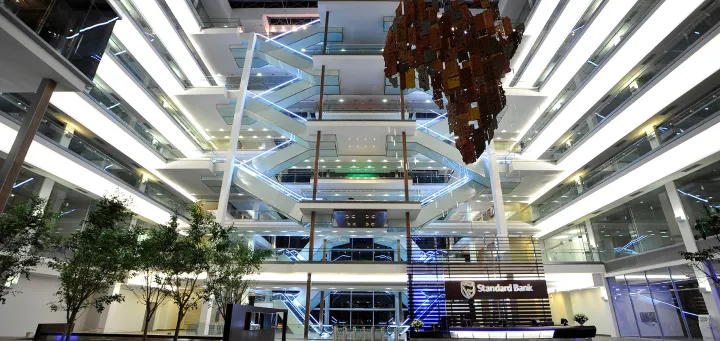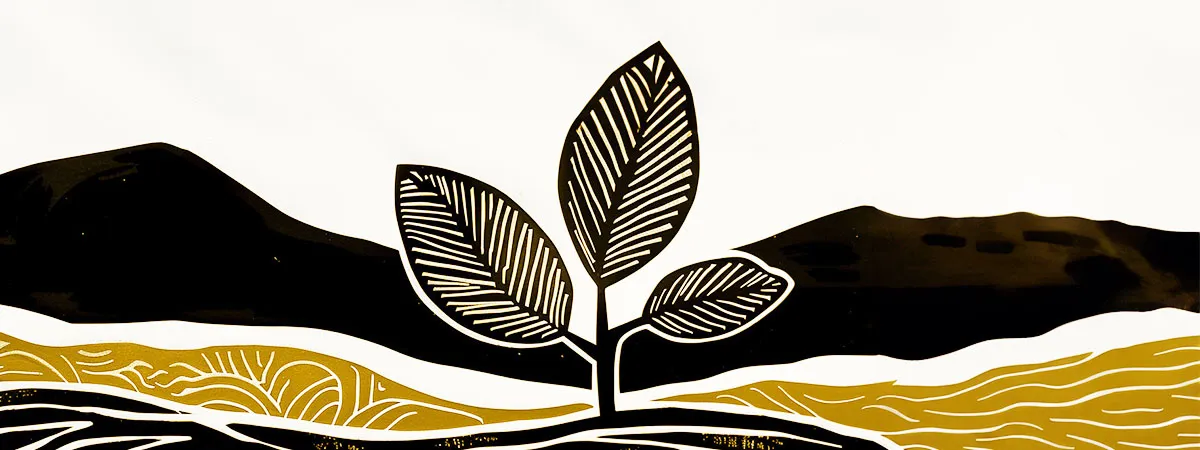ANALYSIS
ICJ decision brought ANC-led government to the right side of history — and will help at the 2024 elections
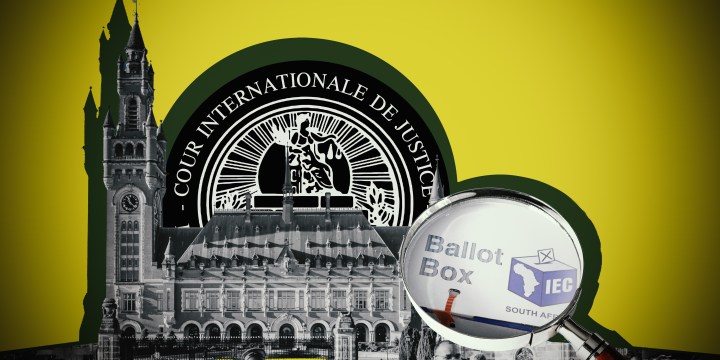
The legal victory by South Africa against Israel at the International Court of Justice may well translate into a gain for the ANC at this year’s elections. It could allow the governing party to unify itself and to remind voters of the fight against apartheid. The court’s ruling is proof that the ANC is on the right side of history, however inconvenient this may be for opposition parties.
Many in South Africa have strong feelings about the situation in Gaza and the Middle East. This is partly because our diverse country is home to people who have strong ethnic, religious and family ties to Palestine and also people who have similar ties to Israel.
In many an office, there will be people on opposing WhatsApp groups — people whose loved ones are among the thousands dead and two million trapped in Gaza, and those whose loved ones were victims of the Hamas attack or live in fear of Hezbollah rockets (with similar fears afflicting people in southern Lebanon — from Israeli rockets).
Additionally, for a large group of people with no ties to either side, the resonance with apartheid has been painfully felt in the way Israel treated Palestinians over the decades.
These elements give the ANC and the government it runs a strong voice in the Palestine-Israel conflict.
Politically, the ruling could not have come at a better time for the ANC.
It’s hardly a secret that the party has been divided on many core issues for many years — even now, the national body is unable to properly discipline provincial and regional structures.
Just last week, the provincial treasurer of the ANC in Mpumalanga, Mandla Msibi, was suspended from his position for an attempt to disrupt President Cyril Ramaphosa’s speech at the January 8th Statement two weekends ago.
Still, this perceived victory at the ICJ and on the international stage will remind many people why they support the ANC now or why they supported it in the first place.
Ramaphosa was quick to drive the point home. Addressing the nation just hours after the ruling, he said:
“We are also a people who were the victims of the crime of apartheid. We know what apartheid looks like. We experienced and lived through it. Sadly, many people died and were exiled like our beloved leader Oliver Tambo and others, others were jailed like the father of our democracy, and others were maimed.”
While voters will make up their minds at the polling booths based on multiple factors, including corruption and poor service delivery, this is a strong reminder of an older, morally stronger ANC.
In the past, many of our elections were fought on the issue of race.
Whether it was then ANC Youth League leader Julius Malema telling party members who gathered for a final 2011 pre-election meeting at Soweto’s FNB Stadium, “The DA is for white people; the ANC is for you”, or Jacob Zuma saying in 2016 that he could not understand black people who voted for the DA, race has been a dominant narrative.
While there is some evidence that this is becoming less effective, more political parties are trying to attract the vote of people based on their linguistic, ethnic and class identities than ever before.
As a result, the ANC has to try to give people a reason to unify under its banner. The Palestinian cause and its resonance with apartheid may well help it in this.
This can be expressed in more complex terms.
Racial proxy
Up until this ruling, most of the West supported Israel. Some in the ANC may suggest that the West is doing what it did during apartheid: supporting a racist country. Because many people in South Africa feel that at least part of their identity is culturally Western, frustration at the West for its support for Israel may be expressed as a racial proxy.
This will put immense pressure on the main opposition party, the DA.
Because of its diversity and the fact it receives votes and support from people of the Islamic faith and people of the Jewish faith, the DA is in a difficult position. Its leadership is well aware it could lose voters or support from a large group of people should it go too far or not far enough in either direction.
It is for this reason that the DA has banned almost all of its members from speaking publicly on the issue, with only its leader, John Steenhuisen, and its international relations spokesperson, Emma Powell, allowed to do so. (However, in an interview two weeks ago, DA spokesperson Solly Malatsi said he was allowed to talk about Gaza, but then refused to answer a direct question of whether Israel was guilty of genocide. And, as Rebecca Davis has noted, DA Nelson Mandela Bay councillor Renaldo Gouws has expressed his strong support for Israel regularly on X).
There are limits to how far this goes, and how much of a proxy it can be.
Some parties, like the Patriotic Alliance, have members and leaders who feel a strong religious kinship with Israel. Its leader, Gayton McKenzie, has said:
“The religion I follow, the religion of Abraham, Isaac and Jacob, commands me to bless and pray for Israel. Even if I get one vote or two votes, I will not listen to the ANC … I am a Christian and I will listen to the Bible.”
McKenzie has claimed that his party is prepared to lose important positions in Joburg and other metros rather than give in to the ANC’s demand to change its stance.
They are not the only ones: former Chief Justice Mogoeng Mogoeng famously expressed his “love” for Israel in 2020. He believes that he will be President after the election through something “miraculous” and as a result has no need to campaign or even join a political party.
At the same time, the ANC has opened itself up to accusations of hypocrisy.
Rampahosa said in his address to the nation on Friday, “We stand on the side of freedom for all. We stand on the side of justice.”
While he is correct to put the ANC’s support for Palestine in moral terms (even the judge nominated by Israel to hear the case at the ICJ ruled in favour of some of the measures requested by South Africa), the ANC and the government it leads have failed to whole-heartedly condemn Russia’s invasion of Ukraine.
While Ramaphosa has led the African Peace Initiative and visited both Kyiv and Moscow, the fact is that when Russia invaded, there was no condemnation at the highest level (apart from an initial single statement in the name of Dirco Minister Naledi Pandor), and that relations with the clear aggressor, Russia, are seemingly getting closer by the day, either at a bilateral or a BRICS level.
At one point, members of the ANC Youth League appeared to try to give Russia’s actions legitimacy by acting as “observers” at referendums in which Ukrainian people in the occupied territories were asked if they wanted to be incorporated into Russia.
Of course, there is very little consistency in the field of international relations. Attempts by many countries to have an “ethical foreign policy” have failed dismally.
Still, the ANC and its government are wide open here to real and substantive criticism that cuts to the core of their professed dedication to justice.
Much will still happen in our country ahead of the elections, and other issues will arise that dominate the discussions for a period. However, the government’s action at the International Court of Justice on behalf of those suffering in Gaza may well be an important and positive issue right up until voting day. DM
Daily Maverick has closed comments on all elections articles for the next two weeks. While we do everything in our power to ensure deliberately false, misleading and hateful commentary does not get published on our site, it’s simply not possible for our small team to have sight of every comment. Given the political dynamics of the moment, we cannot risk malignant actors abusing our platform to manipulate and mislead others. We remain committed to providing you with a platform for dynamic conversation and exchange and trust that you understand our need for circumspection at this sensitive time for our country.









